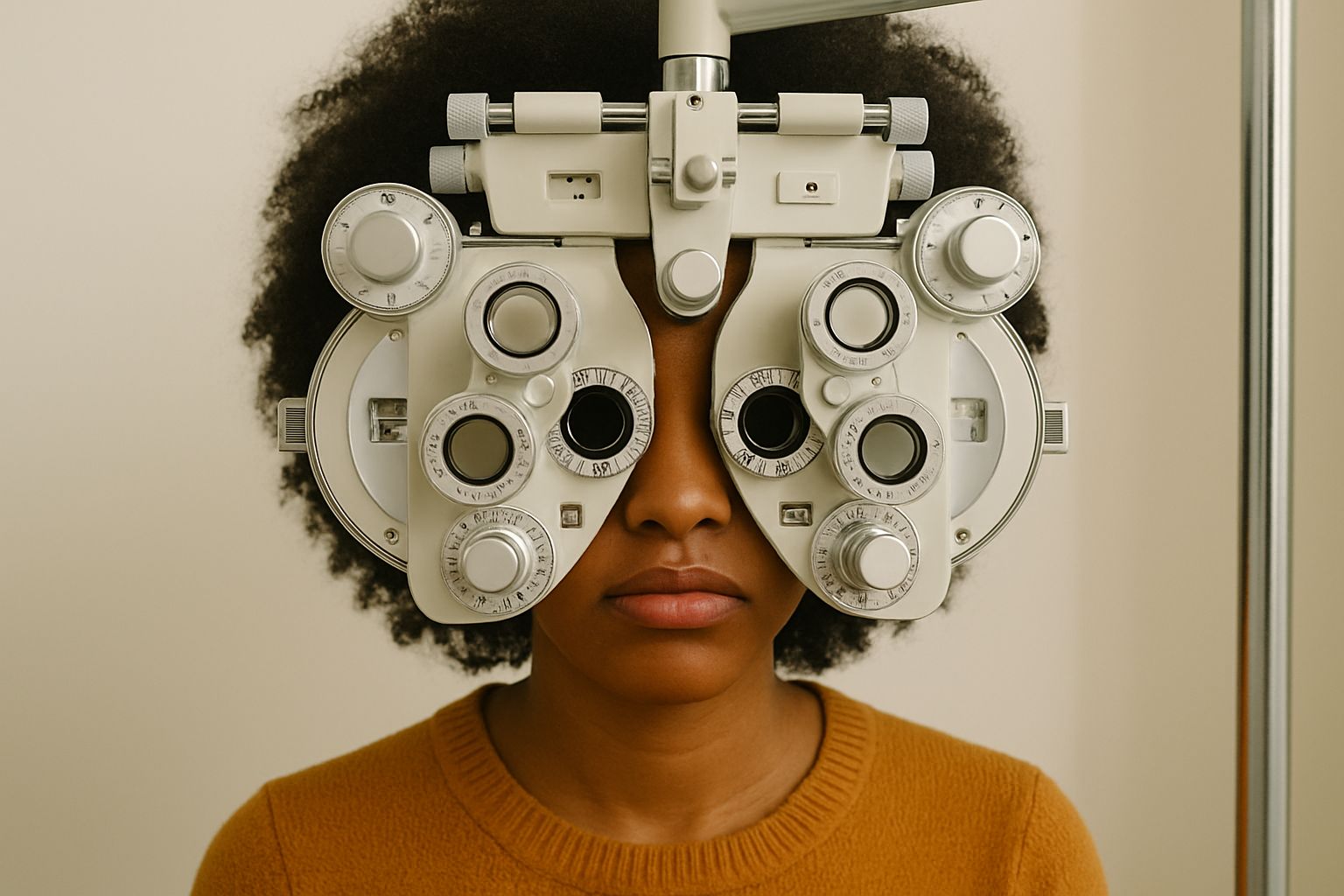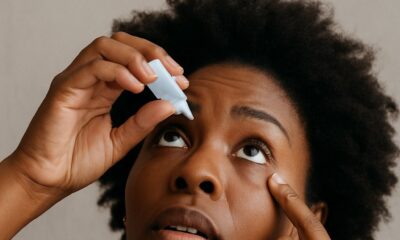Features
Dr Ukandu Rightway: What Does Eye Care Cost in Nigeria?

The situation in Nigeria is complex, marked by economic constraints, inadequate healthcare infrastructure and limited insurance coverage. While the importance of good vision is universally recognised, the financial burden of eye care poses a significant challenge for many people around the world, and, specifically, in Nigeria.
Eye care services in Nigeria encompass a range of expenses, from routine eye examinations, spectacle corrections, medication support, to specialised treatments such as low vision treatments and cataract surgeries. However, the high cost of many of these services places them out of reach for a substantial portion of the population. For instance, cataract surgeries, which are essential for restoring vision, are prohibitively expensive in Nigeria, rarely covered by insurance, and out-of-pocket payments are the primary means of financing.
The National Health Insurance Scheme (NHIS) was established to provide financial risk protection for Nigerians, but it has had limited success in covering a significant portion of the population. Reports suggest that only about 5% of Nigerians in the formal sector are covered by the NHIS, while around 3% of those in the informal sector have voluntary private health insurance. Although these figures may be debated, they are likely close to the reality. As a result, many Nigerians are forced to pay for eye care services out of pocket, leading to catastrophic health expenditures.
The financial burden of paying for eye care services without insurance extends beyond individual households and contributes to a larger public health crisis. Preventable visual impairments and blindness are common, largely due to a lack of access to affordable care. This highlights the urgent need for reforms in healthcare financing to ensure that vision care is accessible and affordable for all Nigerians. The Ministry of Health must become more responsive to the true health needs of the Nigerian population.
Optometrists are crucial in the eye care ecosystem, especially in primary health. The federal and state governments need to do more in the areas of supporting the establishment of pathways, financing and training programs that equip optometrists with more flexibility to manage the current crisis in eye care in Nigeria. Their expertise is vital in addressing the burden on secondary and tertiary healthcare facilities by managing eye conditions at the primary level. Hence, with proper health insurance coverage for Nigerians, it would be an alleviation well needed.
Several factors contribute to limited access to eye care, including high out-of-pocket costs that can lead to delayed or forgone treatment, a lack of awareness, and geographical barriers. Rural areas, in particular, suffer from a shortage of eye care facilities and professionals, making it nearly impossible to access necessary services. To address these barriers, a comprehensive approach is needed, which should include public education campaigns, policy reforms, and investment in healthcare infrastructure.
The government needs to improve access to eye care by providing substantial support to optometrists and reducing the financial burden on citizens. This can be achieved by expanding the National Health Insurance Scheme (NHIS) and eliminating out-of-pocket costs for eye surgeries. Additionally, launching public awareness campaigns and investing in eye care infrastructure are crucial steps.
While the cost of obtaining quality vision care in Nigeria poses significant challenges, a concerted effort from the government, healthcare providers, and the public can pave the way for a future where eye care is both affordable and accessible for everyone. Furthermore, enhancing the role of optometrists is vital in this initiative. By doing so, Nigeria can make notable progress in reducing preventable vision impairment and blindness. Being proactive is key to staying ahead of these challenges.





















